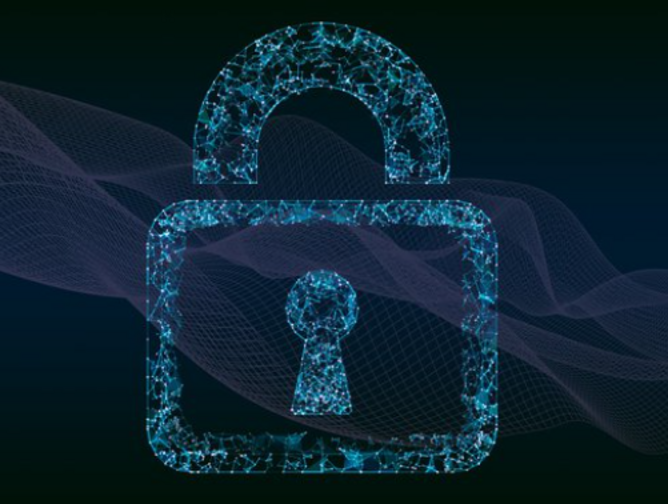
The model harnesses the first industry-standard framework to assess a business’ smart cyber security maturity across 120 core competencies.
Following this assessment, the methodology and framework delivers a comprehensive evaluation and identifies where an organisation sits on the smart cyber maturity spectrum, shining a spotlight on vulnerabilities between the current and targeted levels of security.
From here, actions can be derived in order to bolster digital and data maturity and subsequent security requirements to allow a business to accelerate its digital and data advancement safely, while safeguarding security and profit.
Enzen's move comes at a time when UK businesses are battling against rising threats to cybersecurity, compounded by external factors including the energy crisis and anxieties about Russian-state threats in light of the ongoing conflict.
Steven O’Sullivan, Head of Cyber Services at Enzen, said UK critical national infrastructure systems are evolving from isolated bespoke arrangements to those that use general-purpose computing hosts, IoT sensors, edge computing, wireless networks and artificial intelligence.
"Although this move improves sensing and control capacity and gives better integration with business requirements, it also increases the scope for attack from malicious entities that intend to conduct industrial espionage and sabotage against these systems," he said.
“Put simply, smart technology brings with it new risks, and existing cybersecurity approaches are often found to be outdated and insufficient when it comes to protection and mitigation."
Even something as innocuous as a home smart meter needs to be considered with security in mind, he added.
"We have seen the disruption that can ensue when critical infrastructure is targeted, and with US energy companies on high alert for cyber-attacks against the backdrop of Russian threats, the UK needs to follow suit to safeguard its core services."